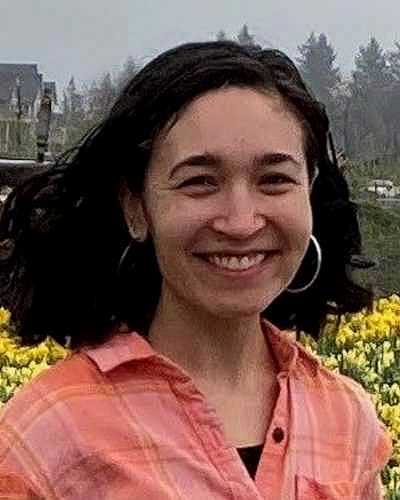Now published, see the full article 
Early Abstract:
Introduction: There is increasing recognition that encouraging and supporting rural youth to pursue healthcare careers could be a promising strategy for addressing shortages of rural healthcare practitioners. Although rural students in health science programs often return to their home communities to practice, they continue to be underrepresented in these programs. Geographic isolation and small community sizes create barriers to entry for rural students, including lack of educational and outreach services and a smaller pool of role-models with experience pursuing health science careers. Online mentoring has the potential to overcome these barriers by connecting rural youth with experienced role-models from outside their communities; therefore, we tested whether this type of intervention could be used to increase interest in and guide rural youth toward rural healthcare careers.
Methods: From 2016-2020 our intervention, Rural eMentoring BC, matched 364 youth in rural British Columbia to near-peer mentors enrolled in health science programs. Through an online platform, dyads discussed career and educational options and pathways through a semi-structured curriculum consisting of 8 units. To determine the likelihood of mentees pursuing a career in rural healthcare after participating in the program, we deployed pre- and post-unit surveys that evaluated their interest in the following areas: healthcare careers, post-secondary education, working rurally, and finding allies. After completing the program, 209 mentees were invited to complete a program evaluation, which consisted of short-answer questions intended to capture their overall impressions of the program.
Results: After completing the career exploration unit, 63 students (out of the 103 who completed the unit) indicated that they were interested in healthcare careers, compared to 37 before. However, students’ attitudes towards post-secondary education and finding allies did not change after completing those units, nor did their opinion of working rurally (though there was no unit dedicated to this topic). Encouragingly though, most already held positive opinions of these areas before entering the program. Of the 41 students who took our program evaluation, most viewed the program and their mentors favourably; discussion topics they found most useful included career exploration, learning life skills, and learning how to prepare for, and what to expect from, post-secondary education.
Conclusions: This study suggests that online mentoring can direct rural youths’ career interests toward, and provide a refreshing approach to imparting information about, healthcare professions. Although its longitudinal impacts need to be studied, the changes in attitudes and gains in knowledge observed while participating in this program put these students on the right track for eventually transitioning to health science programs. Arming rural youth with the knowledge and motivation to pursue healthcare careers through near-peer mentorship could be a unique strategy for increasing rural student representation in health science programs, and ultimately the number of rural healthcare professionals.




